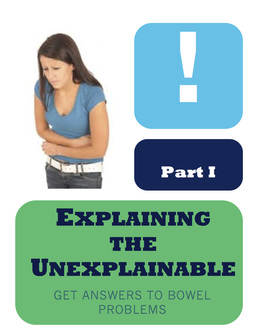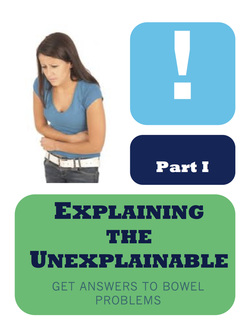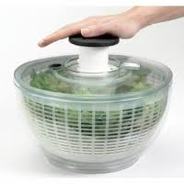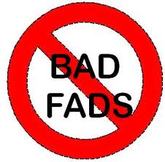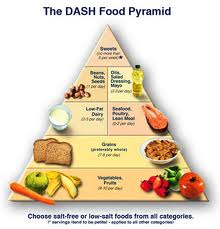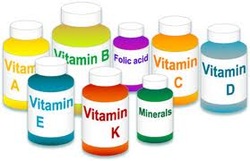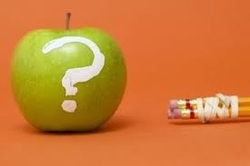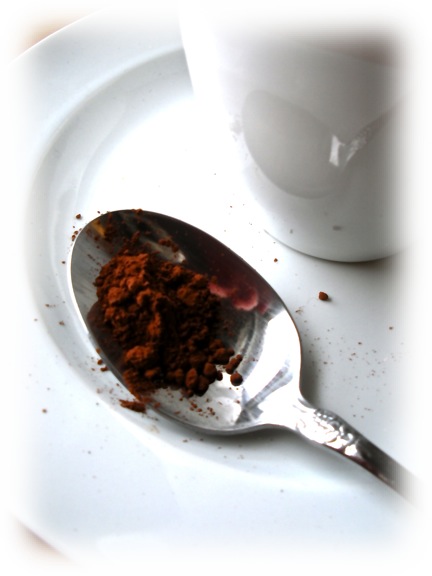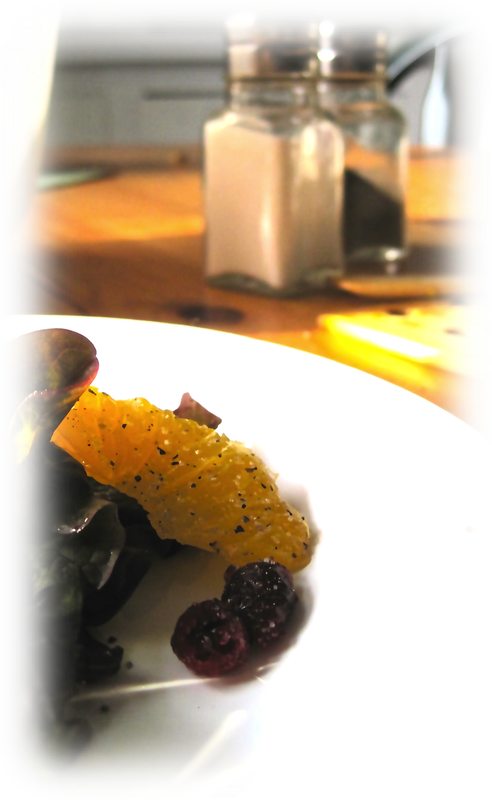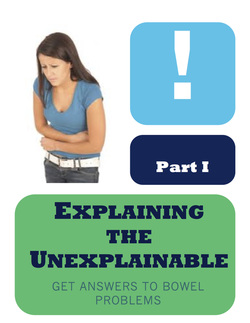
So now that you've found out about this totally awesome FODMAPs discovery and how it can give you a chance at a normal life you are so excited you want to know how to do it, right? If that describes you I have some really good and really bad news. First the good news: All it requires you to do it eliminate all FODMAP foods for 2-3 weeks, then add them back a little at a time to uncover what foods were bothering you. Once you know you stop eating those foods (or eat only a limited amount of them) and then your bowel issues will be gone or greatly reduced. Now for the bad news: Knowing what foods to eliminate is a lot more complicated than you might expect. To make sure you are actually eliminating all the FODMAPs foods you need to meet with a dietitian with experience in this elimination diet...And because the research and technique were developed in Australia this is not a common practice among US dietitians. In fact we didn't even talk about it in my undergrad classes.
If you attempt the FODMAPs diet on your own just by doing research online you probably aren't going to see results. How do I know this? Because I have looked at the resources available online. They are confusing and incomplete. This means that there is a pretty high chance you will be unable to eliminate all FODMAPs foods from your diet which means you won't really be following an elimination diet which means you won't really be able to identify trigger foods. Basically it would be a waste of your time. So what should you do?
I hope to be able to be one of those FODMAP dietitians soon so contact me if you would like to know more or try this elimination diet with my help.
If you attempt the FODMAPs diet on your own just by doing research online you probably aren't going to see results. How do I know this? Because I have looked at the resources available online. They are confusing and incomplete. This means that there is a pretty high chance you will be unable to eliminate all FODMAPs foods from your diet which means you won't really be following an elimination diet which means you won't really be able to identify trigger foods. Basically it would be a waste of your time. So what should you do?
- Meet with a doctor to determine that you have no other serious GI problems such as ulcerative colitis, ulcers, Crohn's or celiac disease and get the okay to try the FODMAPs diet
- Find a dietitian in your area who is trained in the FODMAPs diet.
- Talk with them and set up a schedule to meet with them regularly while they help you through the elimination diet. Make sure to plan to meet with them not only for the elimination part, but also as you add foods in because they can help you identify triggers.
- Continue to follow the FODMAPs diet to control bowel problems. If issues start up again call your dietitian to see if she can help you identify the trigger.
I hope to be able to be one of those FODMAP dietitians soon so contact me if you would like to know more or try this elimination diet with my help.
